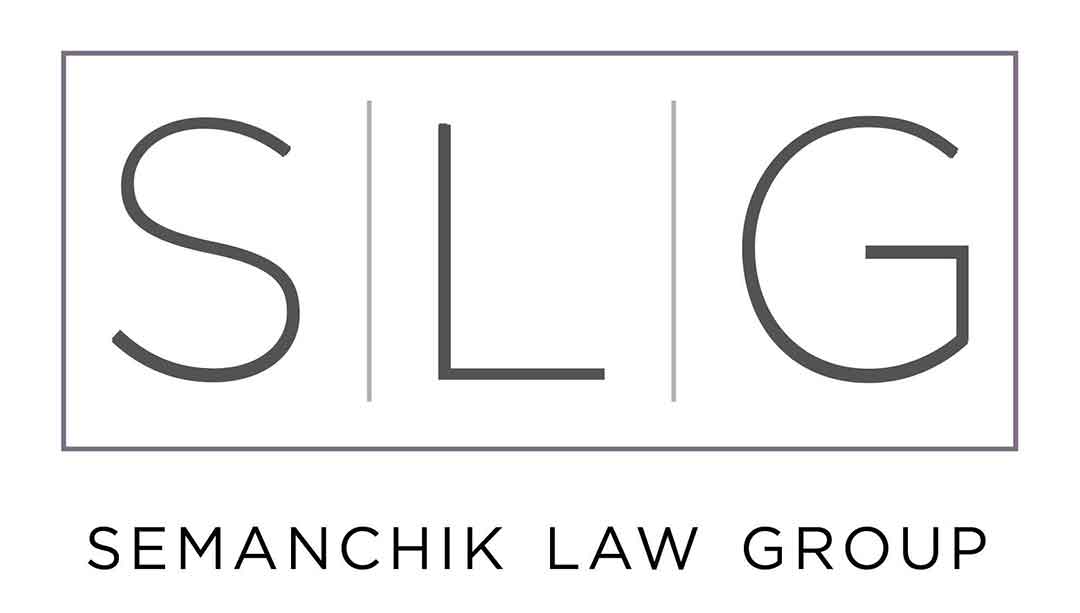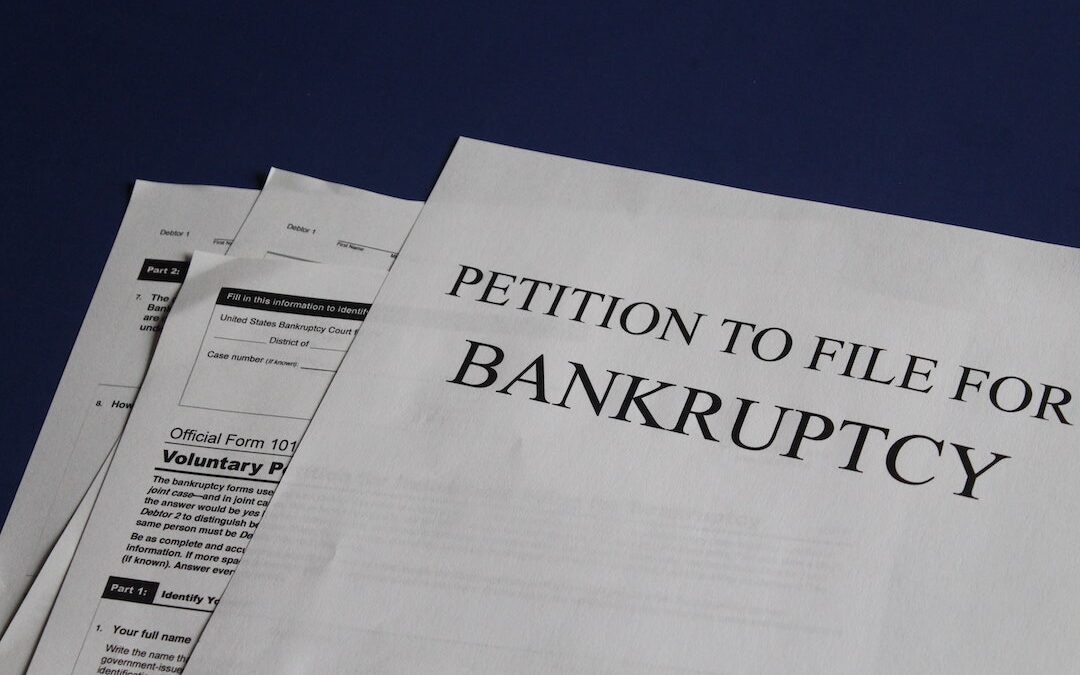Understanding the Three Types of Business Bankruptcy
When you open a restaurant or auto repair shop in San Diego, you expect it to grow steadily and turn into a thriving company. After all, if you didn’t believe in its potential, you probably wouldn’t start it at all.
Unfortunately, not all businesses succeed. In fact, according to the Small Business Administration, only half of all new companies survive for longer than five years.
So, with this information in mind, it is always smart for business owners to have an understanding of their options in case they should encounter any financial troubles down the line. More specifically, entrepreneurs ought to be aware of the three main types of business bankruptcy:
Chapter 11 Bankruptcy
Chapter 11 bankruptcy is otherwise known as business reorganization. It is generally the best choice for struggling corporations and partnerships that have a realistic shot at turning their financial fortunes around.
When a business enters into Chapter 11 bankruptcy, it continues to trade as normal. However, it must also put together a comprehensive plan that outlines how it intends to pay back or otherwise deal with its creditors.
Together with its business bankruptcy lawyer, the organization must then present its plan to its creditors, who will vote on whether or not to accept it.
Should they choose to approve the deal, the business must implement it immediately. If, on the other hand, the creditors decide to reject the plan, the company and its owners will need to explore other options.
Chapter 13 Bankruptcy
When sole proprietorships need to reorganize their finances, Chapter 13 bankruptcy is almost always the best option. Individuals who select this process must put together a plan that explains how they intend to repay their debts and file it with the court.
The amount that a sole proprietor has to pay each month depends on a number of factors, including:
- The amount they owe
- The amount of money they earn, and
- The value of their assets
To avoid running into any difficulties during the process, business owners should always consult with a business attorney in San Diego before filing any documents.
Chapter 7 Bankruptcy
Chapter 7 bankruptcy is better known as business liquidation. Companies use this process when their debts are so overwhelming that reorganizing them is not possible.
If a business enters Chapter 7 bankruptcy, the court will appoint a trustee to take possession of its assets. That trustee will then divide those assets among the organization’s creditors.
In Chapter 7 bankruptcy cases, creditors receive payment in the following order:
- Secured creditors
- Claims with priority
- Unsecured creditors who filed a timely claim
- Unsecured creditors who filed late
In most instances, the Chapter 7 bankruptcy process takes around four to six months.
Your Experienced Business Attorney in San Diego
Would you like to have a knowledgeable business attorney discuss your options? Then you are in the right place. The team at the Semanchik Law Group has been providing legal services to San Diego entrepreneurs for years – and we would love to do the same for you. To arrange a free consultation, all you need to do is give us a call at (619) 535-1811 or send us a message online.


